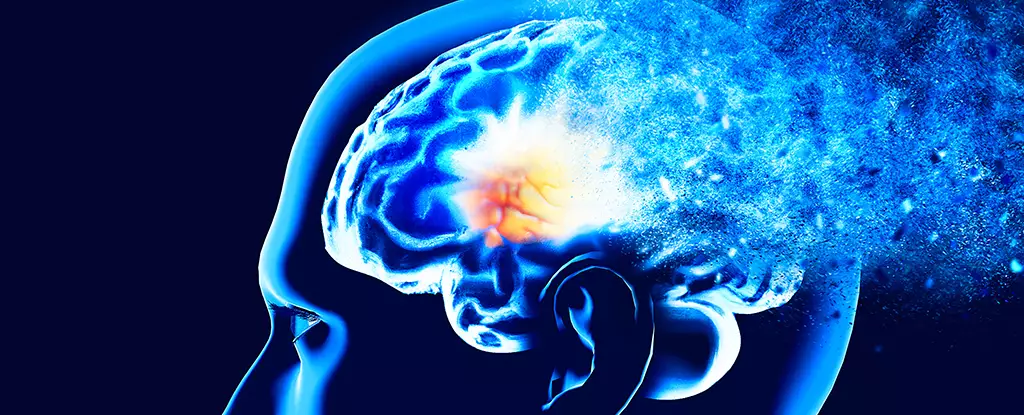Young-onset dementia (YOD) is not merely a statistic; it represents a growing phenomenon that impacts countless families, ruining lives and straining healthcare systems. For decades, the narrative around dementia has largely focused on its prevalence in older adults, leading chroniclers and health professionals to overlook the alarming incidence of YOD. The gravity of this issue is now being recognized, most recently in a groundbreaking study from December 2023 that revealed the crucial link between lifestyle factors and the risk of developing this debilitating condition.
The research stirs a sense of urgency, arguing that a holistic approach toward health—mind, body, and environment—could significantly mitigate the risk of YOD before it takes hold. With hundreds of thousands diagnosed each year, every bit of empirical evidence fuels a critical conversation: Why are we not doing more to educate and mobilize communities for preventive measures? This is more than an academic inquiry; it’s a moral imperative that calls for immediate and rigorous action.
Understanding the Triggers
While genetics has long been presumed to play a pivotal role in the onset of dementia, the researchers, led by epidemiologist David Llewellyn from the University of Exeter, highlight 15 modifiable lifestyle and health factors that have emerged as prominent predictors of YOD. This analysis of over 356,000 individuals under 65 reveals a multi-faceted cause-and-effect relationship rather than a simplistic one-size-fits-all narrative.
It’s staggering to learn that low socioeconomic status, social isolation, diabetes, and even Vitamin D deficiency could increase susceptibility to YOD. These findings hit particularly hard in a society increasingly plagued by socio-economic disparity. Are we not empowering communities to bridge these gaps? Shouldn’t there be more initiatives aimed at reducing isolation and promoting mental health? If we take a serious look at these findings, we can see that the solution isn’t merely medical; it’s social.
The Complexity of Alcohol and Health
One particularly captivating aspect of the research involves the nuanced relationship between alcohol consumption and YOD. While it’s commonly accepted that excessive drinking is detrimental to mental health, the study complicates this narrative. Moderate drinking appears to correlate with a reduced risk of YOD—a paradox that urges us to reconsider our preconceived notions about alcohol. Is it that the moderate drinkers are generally healthier, or could it be something deeper tied to social behaviors associated with such drinking?
This duality invites us to question our societal attitudes toward alcohol consumption, especially in light of a growing trend toward abstinence. We must ask: Are we stigmatizing forms of social connection that allow for moderate consumption, while neglecting the comprehensive benefits of community interaction that surround it?
Education as a Shield
The findings also spotlight education and physical health as critical elements in the prevention of YOD. A higher level of formal education and greater physical resilience—measured by handgrip strength—are linked to lower risk factors. This suggests a deep-seated connection between intellectual stimulation, physical activity, and mental health.
However, the lack of focus on educational and health programs in underserved communities raises pressing questions. Why are we not channelling resources toward fostering educational attainment and healthcare access as preventive mechanisms for dementia? We must reconsider how education, often seen as an abstract asset, has tangible benefits in reducing health crises.
A Call to Action
This study provides a blueprint for action at multiple levels—individual, familial, and societal. It suggests that simple lifestyle changes could serve as a formidable line of defense against dementia, allowing individuals to take charge of their destinies instead of feeling like helpless victims of genetic fate. The urgency to launch initiatives that inform individuals of these risk factors cannot be understated.
Engaging communities and creating supportive environments could enable people to make healthier choices. Rather than merely being passive recipients of healthcare, individuals should be empowered as active participants in their own health narratives. A societal revolution in lifestyle, driven by education and proactive mental health resources, may very well be the key to combating the impending dementia epidemic.
This research indicates that a brighter future is within our reach, but only if we dare to confront the hidden truths of lifestyle medicine and rally the public toward meaningful change. The health of our communities—indeed, the resilience of generations to come—depends on it.


Leave a Reply